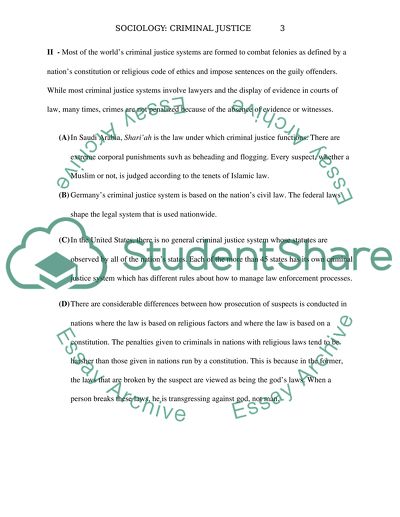Cite this document
(“Sociology: criminal justice Term Paper Example | Topics and Well Written Essays - 3750 words”, n.d.)
Retrieved from https://studentshare.org/sociology/1404185-term-paper-for-criminal-justice-class
Retrieved from https://studentshare.org/sociology/1404185-term-paper-for-criminal-justice-class
(Sociology: Criminal Justice Term Paper Example | Topics and Well Written Essays - 3750 Words)
https://studentshare.org/sociology/1404185-term-paper-for-criminal-justice-class.
https://studentshare.org/sociology/1404185-term-paper-for-criminal-justice-class.
“Sociology: Criminal Justice Term Paper Example | Topics and Well Written Essays - 3750 Words”, n.d. https://studentshare.org/sociology/1404185-term-paper-for-criminal-justice-class.


